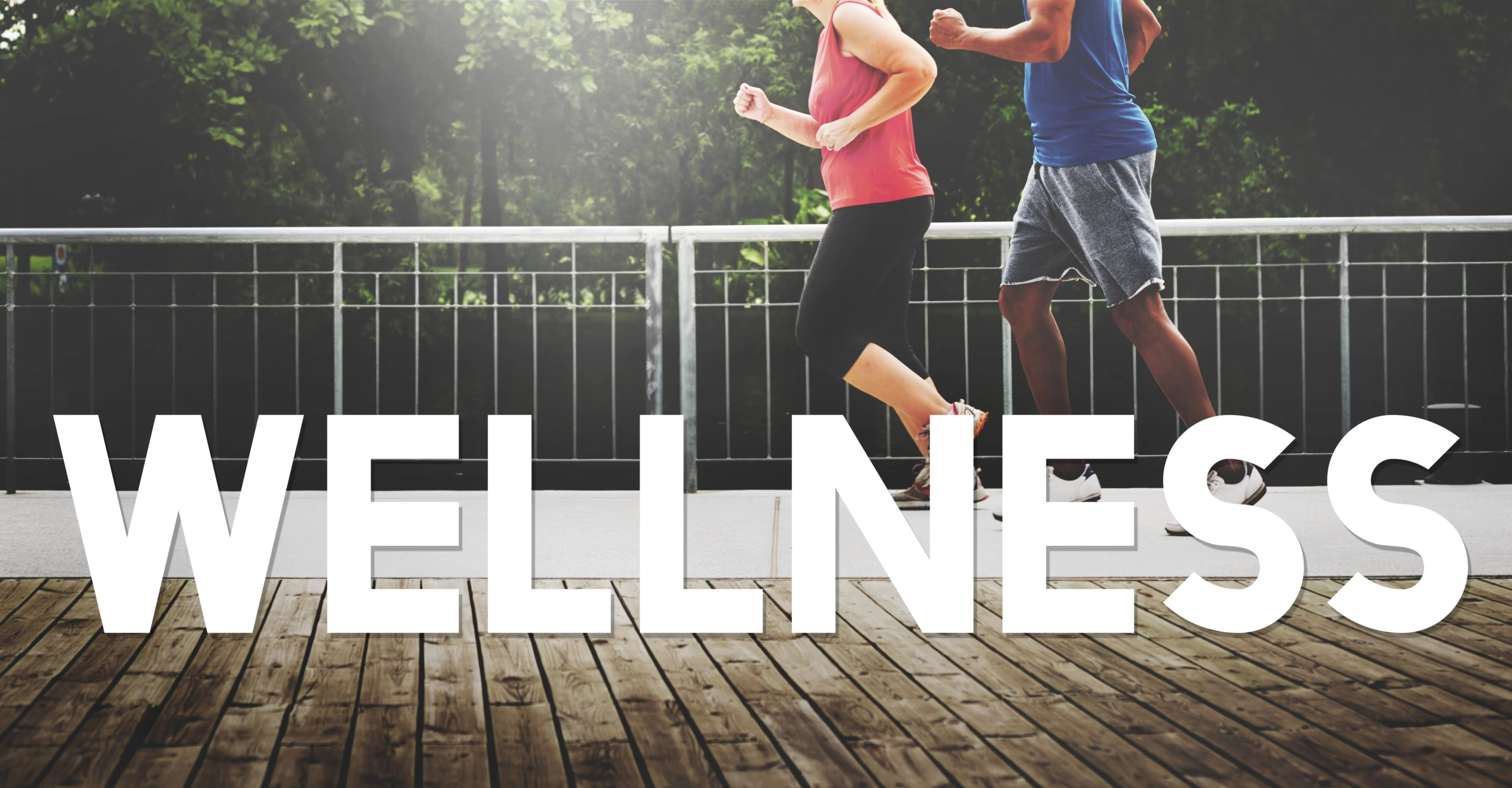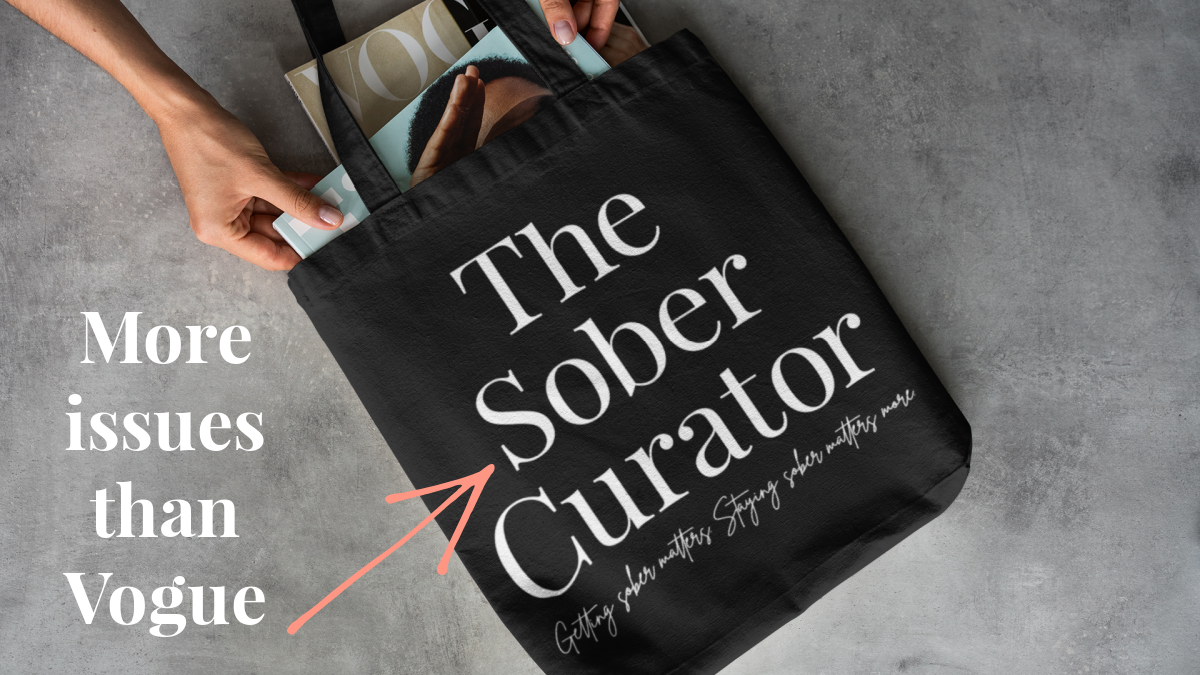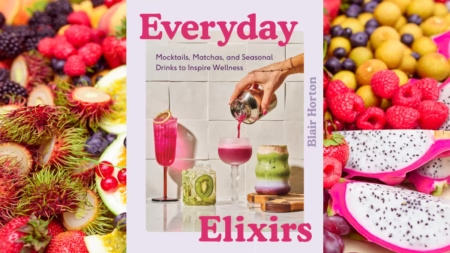
In our current healthcare system, we’ve become accustomed to a familiar pattern: wait for symptoms to appear, seek treatment when problems arise and manage crises as they unfold. This reactionary approach might seem normal, but it’s fundamentally flawed — especially for those committed to living their best life in sobriety.
What if there was a better way? What if, instead of waiting for our bodies to send distress signals, we could anticipate potential issues and address them before they become problems? This is the promise of preventative healthcare, and it represents a revolutionary shift in how we think — beyond health to wellness.
The Tale of Two Approaches
Reactionary Healthcare: The Crisis Model
Traditional medicine operates on what we might call the “crisis model.” You feel unwell, you visit a doctor, receive a diagnosis and begin treatment. While this approach can be life-saving in emergencies, it often means we’re already playing catch-up with our health.
Consider the friend of a client, a banking executive who was told by her doctor to ignore persistent fatigue and back pain, assuming it was just work stress. Time and time again she was given a prescription for painkillers and sent on her way. By the time she actually got the help she needed, it was too late. She was diagnosed with stage 4 cancer in January and passed away a few months later.
Imagine if doctors had the training and capacity to see the whole picture. The system is maxed and triaging symptoms, not looking at the whole mind/body connection. The specialists are experts in disease, not health.
Preventative Healthcare: The Empowerment Model
Preventative healthcare flips this script entirely. Instead of waiting for problems to manifest, it focuses on identifying risk factors, optimizing current health and creating sustainable systems for long-term wellness. This approach recognizes that our bodies are constantly communicating with us — we just need to learn how to listen.
Take my client, who chose a different path. Despite feeling “fine,” he invested in comprehensive health assessments that revealed elevated inflammation markers and nutrient deficiencies that could have led to serious chronic conditions. Through targeted interventions — nutrition adjustments, stress management techniques and regular monitoring — he not only prevented potential health crises but actually enhanced his energy, mental clarity and overall quality of life.
You have the right to know the state of your health before there is a problem or symptom holding you back.
The Science Behind Prevention
Modern medicine has given us incredible tools to peer into our bodies’ inner workings before symptoms appear. Advanced diagnostics can now detect:
- Biomarker patterns that indicate inflammation, hormonal imbalances or metabolic dysfunction
- Genetic predispositions that inform personalized prevention strategies
- Nutritional deficiencies that affect everything from mood to immune function
- Stress indicators that reveal how our bodies are handling life’s demands
- Hormonal imbalances that affect all systems in our body, not just reproductive
These insights allow us to make data-driven decisions about our health rather than relying on guesswork or waiting for problems to announce themselves.
Why Prevention Matters More in Sobriety
For those on a sober journey, preventative healthcare isn’t just beneficial — it’s essential. Recovery from addiction often means your body is working to repair years of damage while simultaneously adapting to life without substances (hello, emotional rollercoaster!). This creates a unique window of opportunity where proactive health choices can have exponentially greater impact.
During early recovery, many people experience:
- Disrupted sleep patterns
- Mood fluctuations
- Digestive issues
- Energy irregularities
- Immune system challenges
Rather than addressing these issues reactively as they become problematic, a preventative approach can help optimize your body’s natural healing processes and create the strongest possible foundation for long-term recovery.
The Holistic Advantage
True preventative healthcare extends beyond medical tests and screenings. It embraces a holistic understanding that our physical health is intimately connected to our mental, emotional and spiritual well-being.
This might include:
- Stress management techniques that prevent cortisol-related health issues
- Nutritional optimization that supports brain chemistry and mood stability
- Movement practices that enhance both physical and mental resilience
- Sleep hygiene protocols that allow for optimal recovery and cellular repair
- Mindfulness practices that help regulate the nervous system
Real-World Prevention in Action
Imagine starting each day knowing exactly what your body needs to thrive. Through comprehensive health assessments, you discover that your vitamin D levels are suboptimal, your omega-3 fatty acid ratio is imbalanced and your cortisol patterns suggest chronic stress adaptation.
Instead of supplementing in the dark (hello, expensive!) and waiting for these issues to manifest — such as depression, inflammation, or immune dysfunction — you can address them immediately:
- Targeted supplementation to correct deficiencies
- Dietary adjustments to support optimal brain function
- Stress management protocols to regulate your nervous system
- Regular monitoring to track improvements and adjust strategies
This proactive approach doesn’t just prevent future problems — it actively enhances your current quality of life.
Making the Shift: From Reactive to Proactive
Adopting a preventative mindset requires a fundamental shift in how we think about health and self-care. Here are practical steps to begin this transformation:
1. Reframe Your Relationship with Healthcare
Instead of viewing medical appointments as responses to problems, see them as investments in your future self. Regular check-ins with healthcare providers become opportunities to optimize rather than just address issues.
2. Embrace Data-Driven Wellness
Seek out comprehensive health assessments that go beyond basic screenings. Understanding your unique biomarker profile, genetic predispositions, hormones and current health status provides the foundation for personalized prevention strategies.
3. Invest in Professional Guidance
Working with holistic healthcare and functional medicine providers who specialize in preventative approaches can help you navigate the wealth of available information and create strategies tailored to your unique needs and goals.
4. Create Sustainable Systems
Prevention isn’t about perfection — it’s about creating sustainable practices that support long-term health. This might mean establishing morning routines that support energy and mood, meal planning or booking that ensures optimal nutrition, or stress management practices that prevent burnout.
5. Monitor and Adjust
Preventative healthcare is an ongoing process. Regular reassessment allows you to track progress, identify new areas for optimization and adjust strategies as your life and needs evolve.
The Compound Effect of Prevention
Perhaps the most compelling aspect of preventative healthcare is its compound effect. Small, consistent actions taken today create exponential benefits over time. The energy you invest in understanding and optimizing your health now pays dividends in enhanced vitality, mental clarity, emotional resilience and overall life satisfaction for years to come.
For those in recovery, this compound effect is particularly powerful. Each proactive choice supports not just your physical health but also your emotional stability, mental clarity and spiritual growth (have you seen our Spiritual Gangster section??) — all essential components of sustainable sobriety.
Shift to Prevention: The Proactive Healthcare Revolution
The choice between preventative and reactionary healthcare ultimately comes down to agency. Reactionary approaches leave us at the mercy of circumstances, responding to problems as they arise. Preventative approaches empower us to take control of our health narrative, making informed decisions that support our highest vision for our lives.
In a world that often promotes quick fixes and reactive solutions, choosing prevention is a radical act of self-love and empowerment. It’s a declaration that you’re worth the investment, that your future self matters and that you’re committed to showing up as the healthiest, most vibrant version of yourself.
Plus, you live better now! It’s a win-win.
The path of prevention isn’t always easy — it requires commitment, investment and sometimes difficult changes. But for those willing to embrace this approach, the rewards extend far beyond physical health. It’s about creating a life of spunk, purpose and sustained well-being that supports every aspect of your journey.
Your health is your most valuable asset. The question isn’t whether you can afford to invest in preventative care — it’s whether you can afford not to.


Take the First Step Toward Preventative Wellness
Ready to experience what true preventative healthcare looks like? At Altavita, we combine advanced diagnostics with personalized healthcare in a natural paradise setting — creating the perfect environment for transformation and sustainable wellness.
Our retreats are designed specifically for individuals who are ready to move beyond reactive healthcare and embrace a proactive approach to their well-being. Through comprehensive health assessments, precision diagnostics and personalized wellness protocols, we help you identify and address potential health concerns before they become problems.
Imagine spending time in a beautiful natural setting while receiving cutting-edge health insights that will guide your wellness journey for years to come. This isn’t just a retreat — it’s an investment in your healthiest, most vibrant future self.
Discover how Altavita can support your preventative wellness journey →
Here is an IG reel to highlight this point, “supplementing in the dark”

WELLNESS AS A WAY OF LIFE: Discover your path to sustainable wellness with Wellness As A Way of Life. This podcast embraces a “less is more” approach, offering deep insights into both modern and ancient wellness wisdom tailored for powerhouse women. Our conversations energize, boost confidence, and help you stay focused on your goals without burnout. We guide you in finding personalized wellness practices that fit seamlessly into your lifestyle, making wellness a joyful habit rather than a task. Imagine a sparkling blend of vitality, like a mocktail of fresh berries and mint—refreshing and naturally sweet. Tune in and transform your wellness journey with clarity and calm, inspired by authentic stories and expert guidance.

SPIRITUAL GANGSTER: at The Sober Curator is a haven for those embracing sobriety with a healthy dose of spiritual sass. This space invites you to dive into meditation, astrology, intentional living, philosophy, and personal reflection—all while keeping your feet (and your sobriety) firmly on the ground. Whether you’re exploring new spiritual practices or deepening an existing one, Spiritual Gangster offers inspiration, insight, and a community that blends mindful living with alcohol-free fun.
Spiritual Gangster Line-up:
Stoicism & Sobriety – Ancient Philosophy for Modern Recovery with Sober Curator Contributors Derek Castleman and Tony Harte
The Card Divo – Quick & Sober Tarot Readings with Sober Curator Contributor Senior Daniel G. Garza
Classy Problems – Clarity, Restraint & Mindful Decision-Making with Senior Sober Curator Contributor Dan T. Rogers
SoberCast with Six – Astrology & Tarot for the Sober Life with Senior Sober Curator Contributor Analisa Six
Sobriety in Flow – Yoga Beyond the Poses with Senior Travel Sober Curator Contributor Teresa Bergen
Thirsty for Wonder – Recovery Coaching & Spiritual Companionship with Sober Curator Contributor Anne Marie Cribben
Spiritual Substance – Mindfulness, Science & Soul with Senior Sober Curator Contributor Lane Kennedy

Resources Are Available
If you or someone you know is experiencing difficulties surrounding alcoholism, addiction, or mental illness, please reach out and ask for help. People everywhere can and want to help; you just have to know where to look. And continue to look until you find what works for you. Click here for a list of regional and national resources.






